Ma Earth Grants support planetary regeneration through narrative, funding, and tools for those caring for land and life. Our grants program funds regenerative land projects through collective funding—with our third round launching soon.
Funds Distributed
$400k+
Crowdfund Donors
1000+
Nature Projects Funded
50+
Silvi
0.2836200076557441
34.74440988620014
Kenya
https://www.silvi.earth/

AMA Earth Group
22.462214
-74.846789
Puerto Rico
https://www.instagram.com/amaearthgroup/

OTEPIC
-8.459655
40.154994
Kenya
https://www.otepic.org/

The Learning Environment
-39.87795769911023
175.03439237986495
New Zealand
https://www.learningenvironment.nz/

Kolektivo Curaçao
14.722086
-65.925400
Curaçao
https://www.kolektivo.network/

Shantigar
44.897925
-50.508980
United States
https://www.shantigar.org/
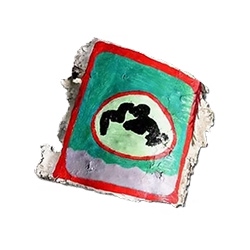
Wilbur Hot Springs
39.03961912514346
-122.42015936797131
United States
https://www.wilburhotsprings.com/

Traditional Dream Factory
38.00140443231645
-8.55282195963812
Portugal
https://www.traditionaldreamfactory.com/

South Rift Association of Land Owners
-10.182694
30.417770
SORALO, Kenya
https://soralo.org/

Pro Eco Azuero
6.414267
-80.933388
Panama
https://www.proecoazuero.org/
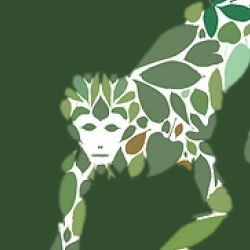
AYOWECCA Uganda
-15.964501
24.121873
Uganda
https://ayoweccauganda.org/
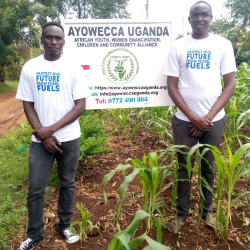
Grassroots Economics
7.804680
33.646520
Kenya
https://www.grassrootseconomics.org/

RiFai Sicilia
39.607926
16.660375
Italy
https://www.rifaisicilia.com/

GEN Ukraine
50.4658915966886
30.63843395708808
Ukraine
https://genukraine.com.ua

Château du Feÿ
48.01445549506977
3.330682168090115
France
https://chateaudufey.com/
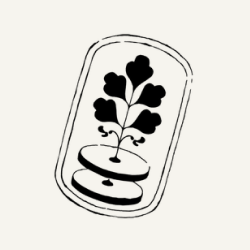
Brave Earth
11.826171
-87.481381
Costa Rica
https://www.braveearth.com/

Amazon Sacred Headwaters
-14.181795
-74.135214
Peru, Ecuador
https://cuencasagradas.org/en/
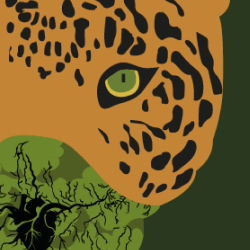
Tamera
32.187277
-9.520861
Portugal
https://www.tamera.org/

Agrarian Trust
43.02338065675815
-72.71013224867815
United States
https://www.agrariantrust.org/

Crees Foundation
-3.119533
-76.842242
Peru
https://www.crees-foundation.org/
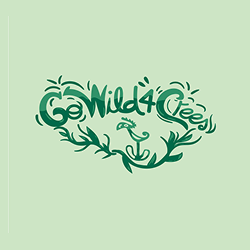
Lake Hawea Station
-33.8688
151.2093
New Zealand
https://www.lakehaweastation.com/

NARA
-4.476377
20.707194
Kenya
https://naraclimate.com/

Bees & Trees
-16
5
Uganda
https://beesandtreesug.org/

Heartseed Farm
32.243736
-112.832856
United States
https://growingkinship.org/stewardship
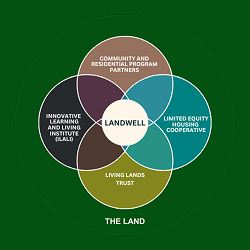
Redemption Hill
-29.137727
-51.698129
Brazil
https://agroforestdao.web.app/page1.html
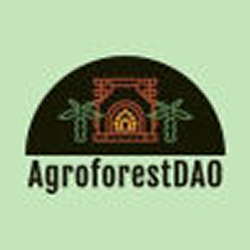
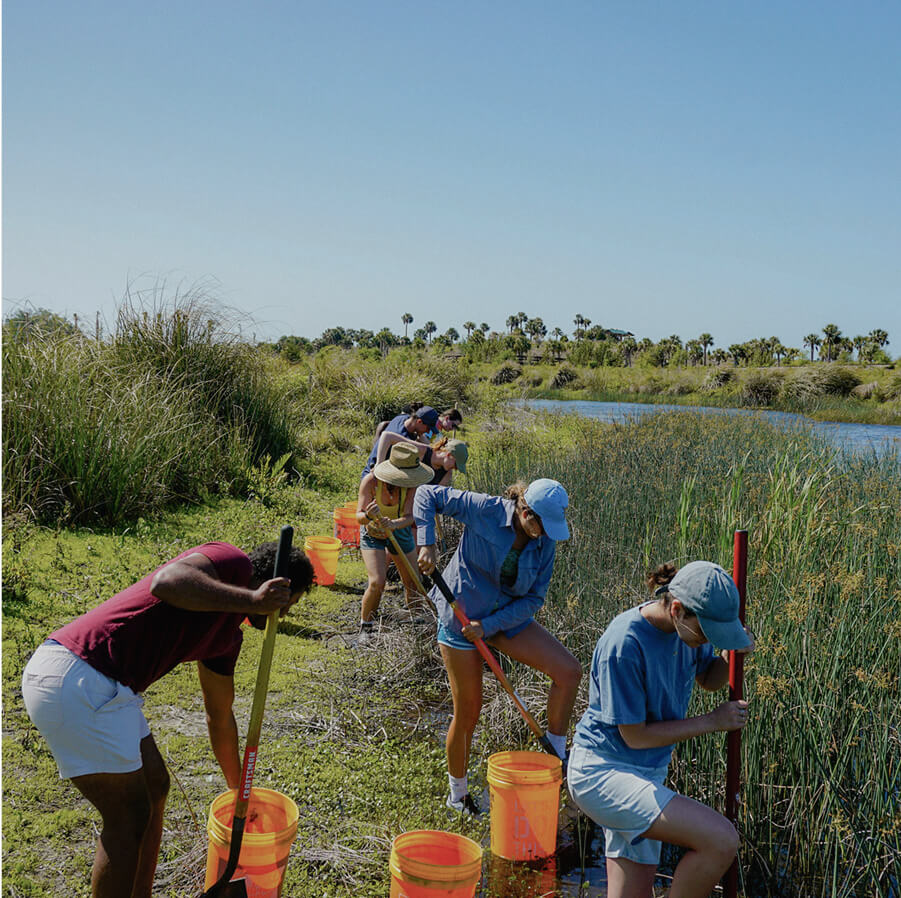

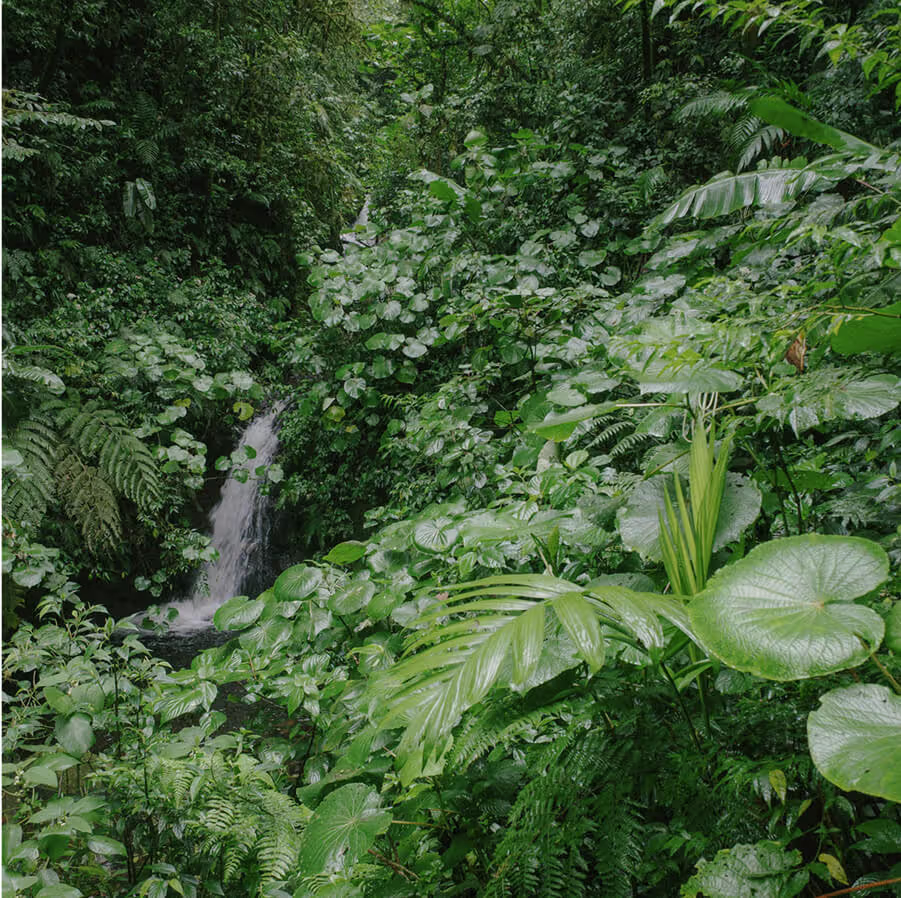
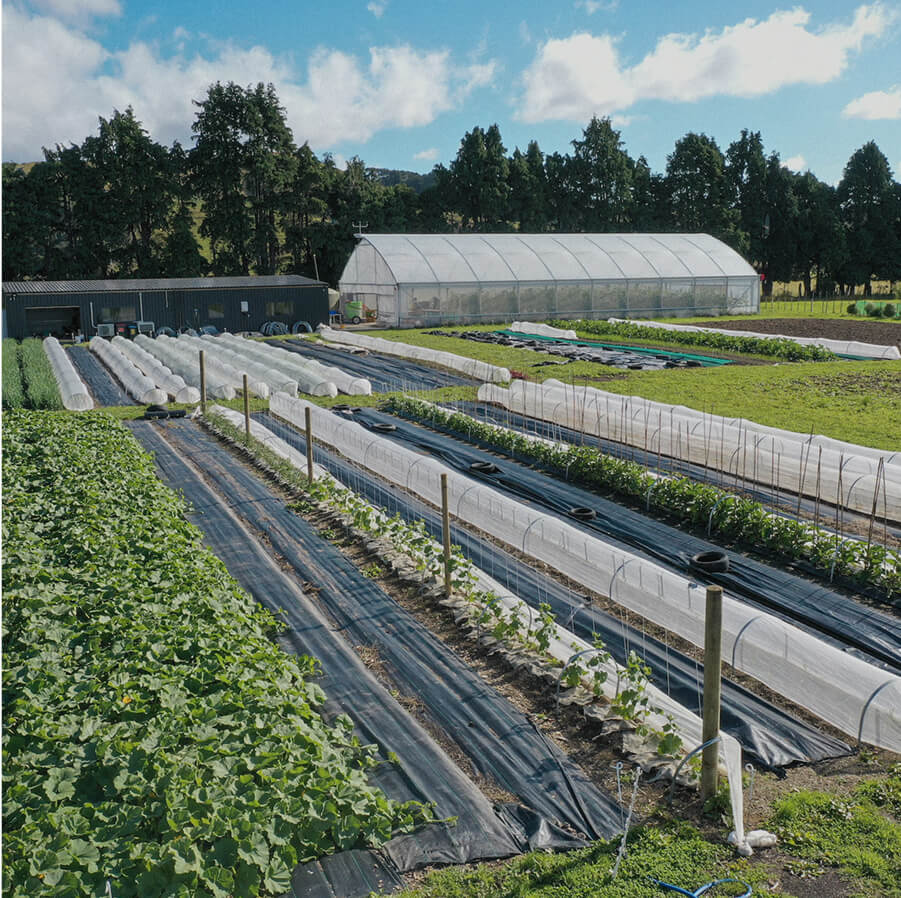






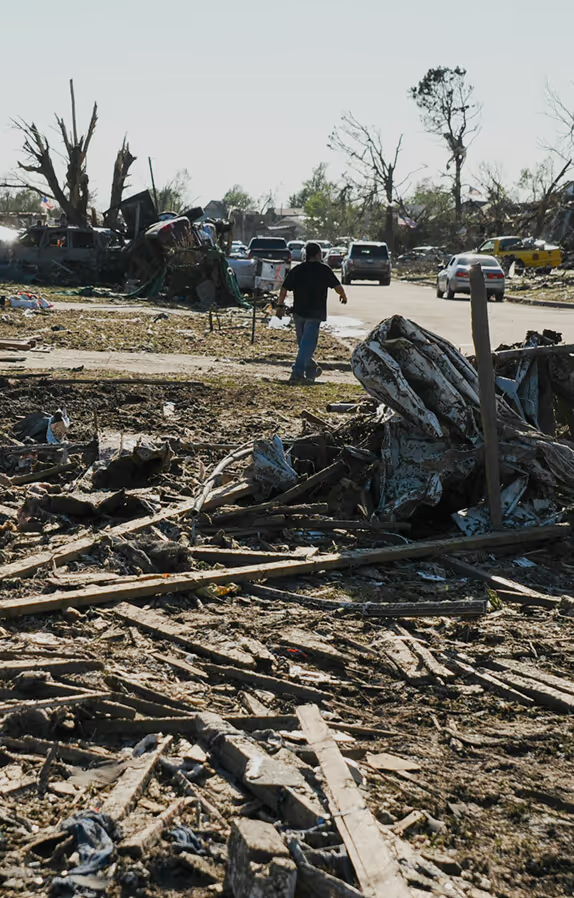
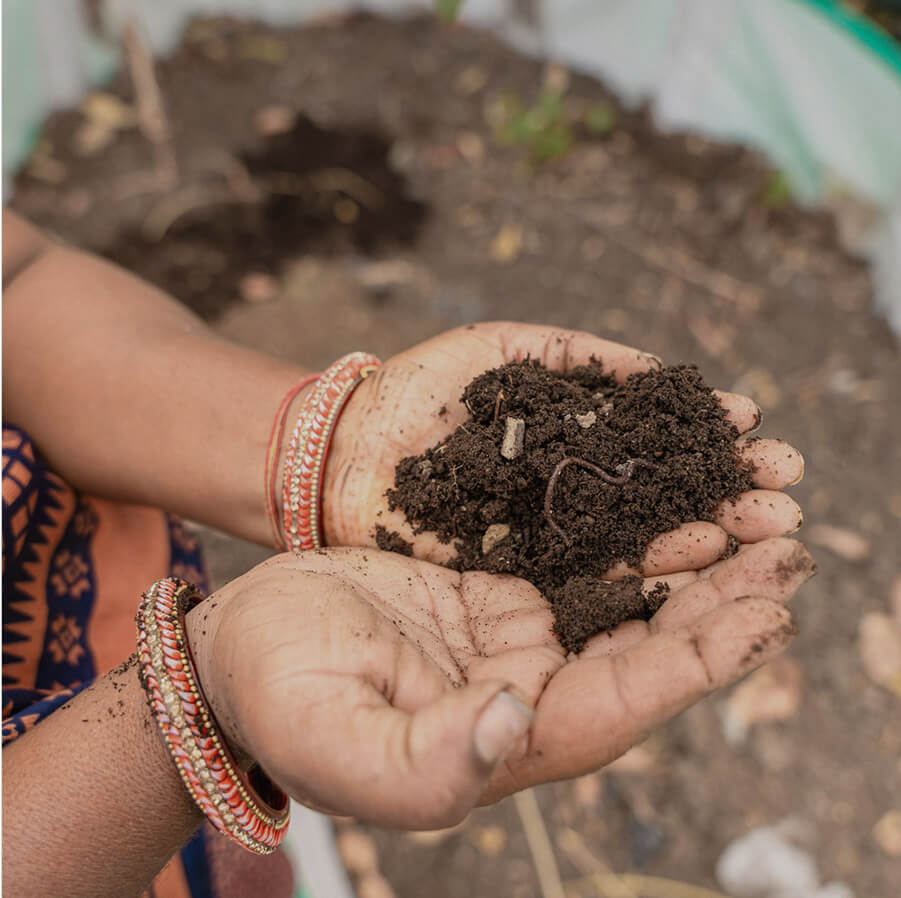
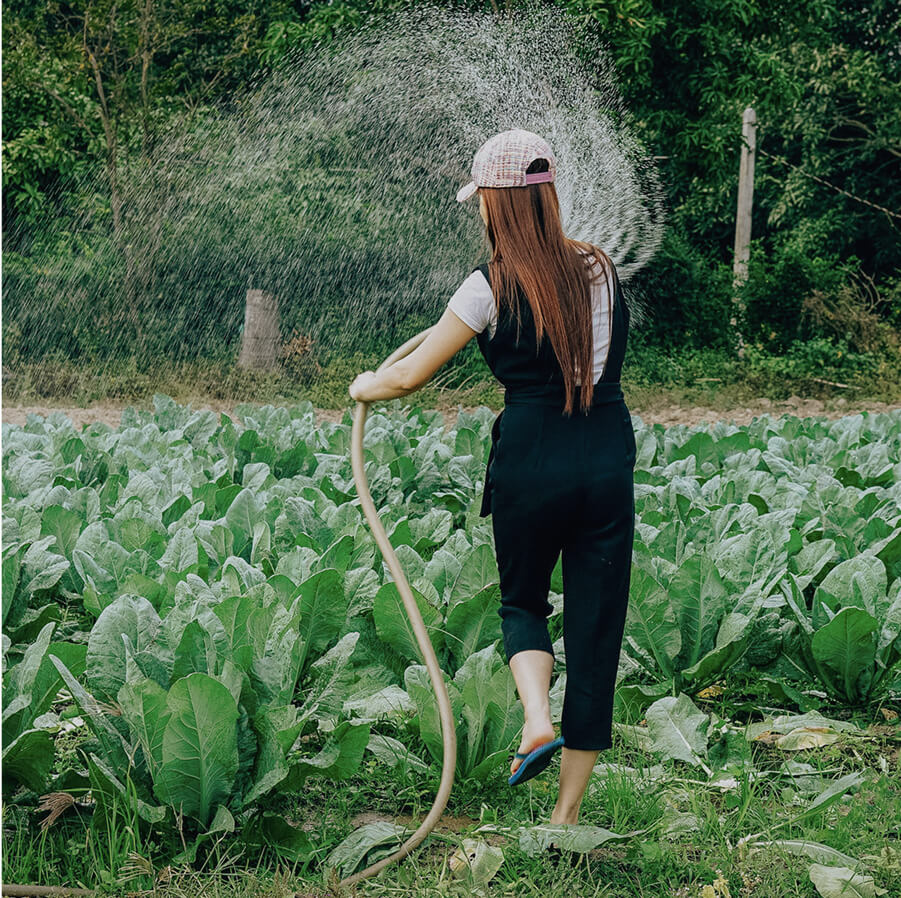
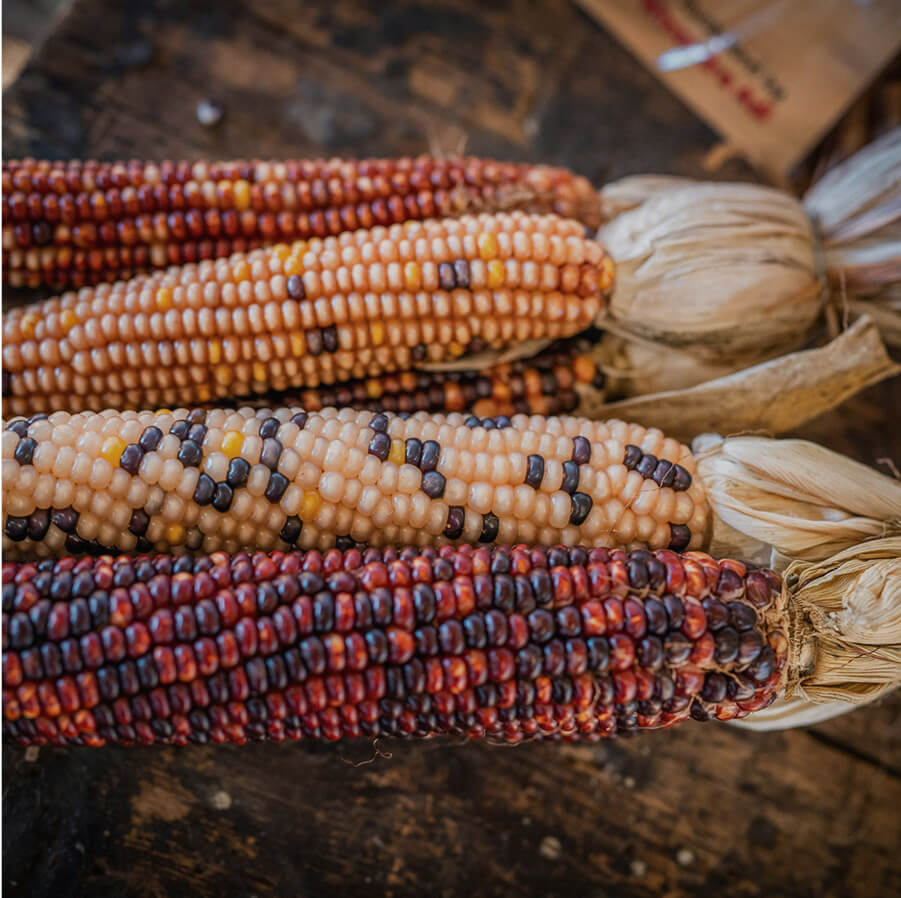
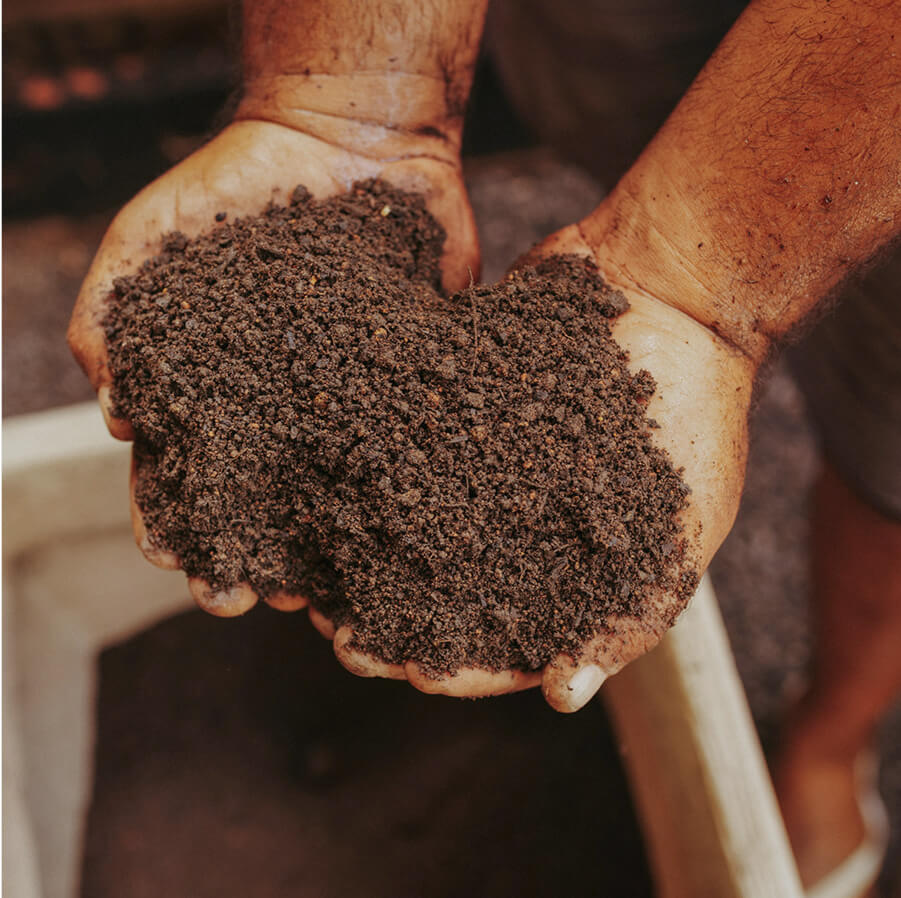





Ma Earth plans to run a third funding round in early 2026 for grassroots nature projects and land stewardship. Subscribe to our mailing list for updates or contact us to discuss collaborations.
Contact Us

